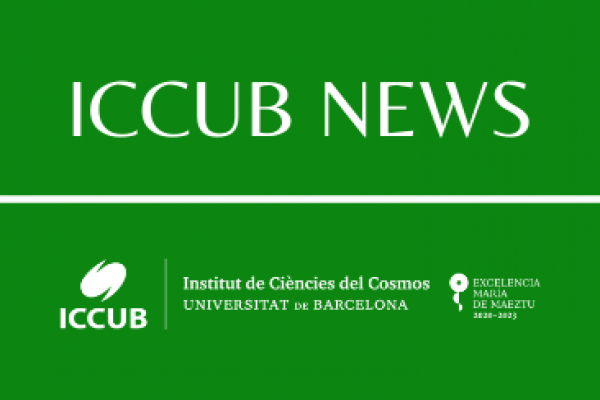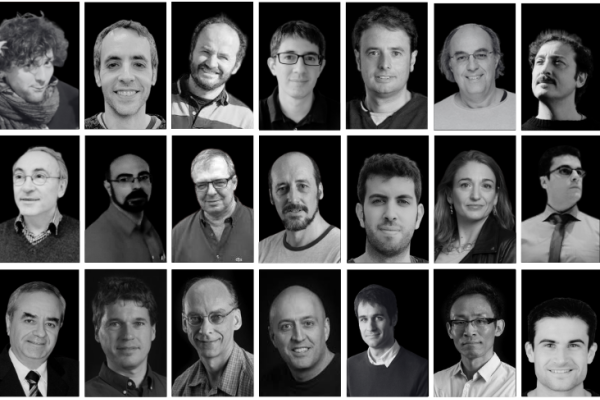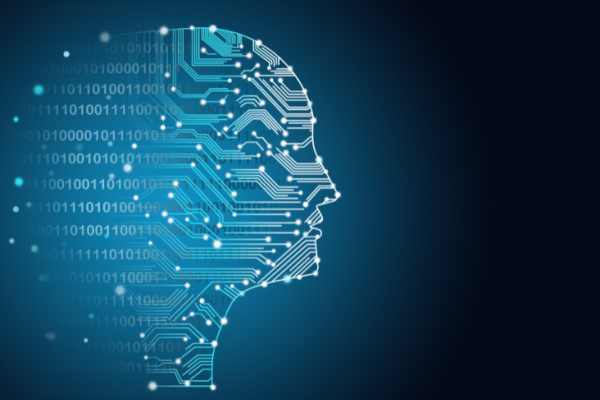The Culture Institute of Barcelona conferred the 2013 Barcelona City Award in the category of Experimental Sciences and Technology to the group of scientists who collaborated in the project Gaia of the University of Barcelona, composed by researchers of the Department of Astronomy and Meteorology and members of the Institute of Sciences of the Cosmos (ICCUB) and the Institute of Space Studies of Catalonia (IEEC). The award ceremony takes place on 11 February at the Saló de Cent of Barcelona City Council.
The jury emphasises that Gaia UB Group (ICCUB/IECC) is awarded “for their remarkable contribution to the design of Gaia, the satellite that was successfully launched on 19 December 2013 and will created the most complete 3D map of the Milky Way. They have played a major role in defining and designing instruments and performing simulations to prepare the data processing system”. The jury of the category was composed by Josep Amat, David Jou, Víctor Puntes, David Serrat and Fernando Albericio.
The Barcelona City Council confers the Barcelona City Awards every year. The objective is to honour the creation, research and good quality cultural production done by Barcelonese individuals or groups and institutions or organizations which promote and develop this type of activities.
Gaia is considered the cornerstone mission of the European Space Agency (ESA) not only for its ability to revolution future astrophysics —thanks to the unprecedented accuracy of its astrometric observations—, but also for the technological challenge it means. In addition, the project constitutes the maximum exponent of a technology that places Europe in a leading position in the field of astrometry.
Gaia UB Group (ICCUB/IEEC) has been involved in Gaia mission since the very early phases. It has played a major role in the scientific and technological design of the instrumentation, database prototypes and data simulation. It has also developed a calibration algorithm of photometric data, and the system that will enable to daily process satellite’s data and store them in a database to later extract the first scientific results. Parallelly, the group is developing tools for scientific exploitation, by means of data got from the Earth in order to complement the one provided by Gaia. It leads the development of the catalogues of the mission, the intermediate ones and the final one.



